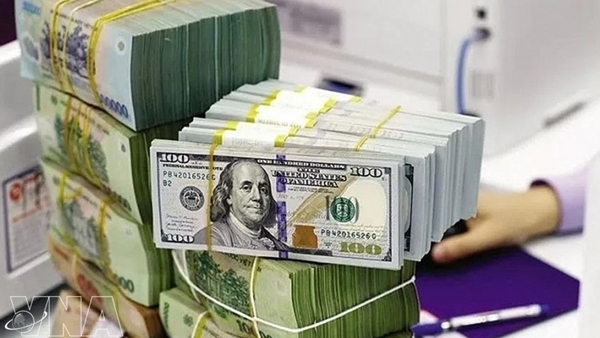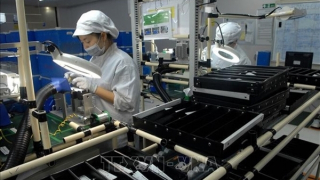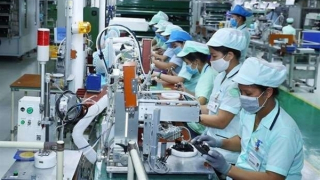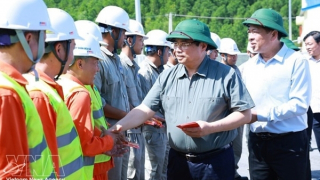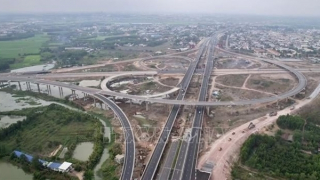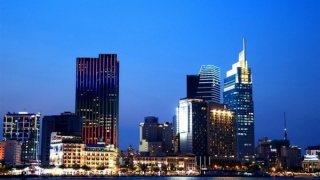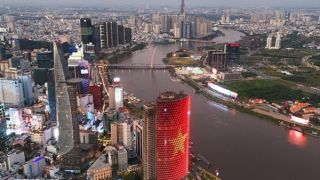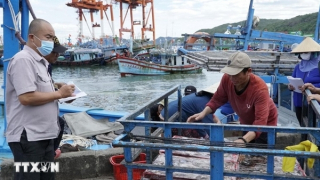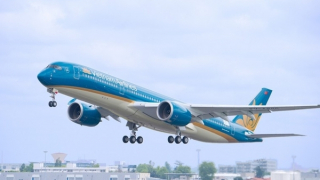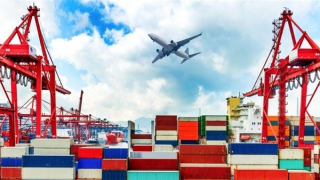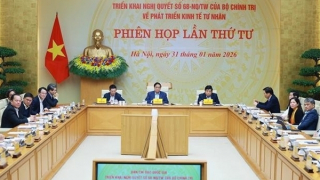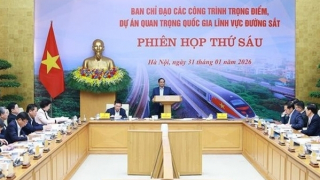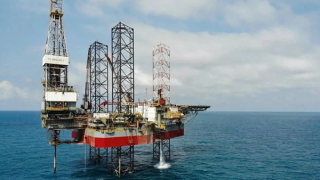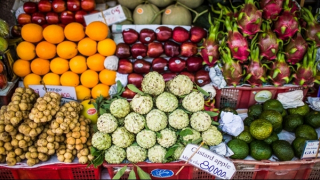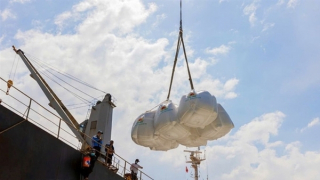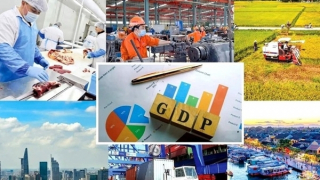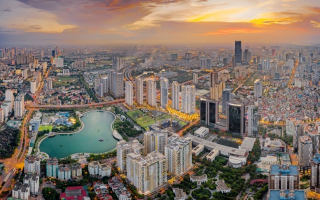In a recent forecast for 2026, Vietcombank Securities Company projected credit growth across the entire banking sector of around 16 to 18%, exceeding the SBV’s 15% target.
Public investment is a decisive growth lever for 2026, provided that implementation is carried out in a more proactive, disciplined and results-oriented manner from the outset.
The rise of digital and financial projects reflects a broader transformation in the city’s FDI structure. While previous decades saw an influx of labour-intensive manufacturing, current capital flows are targeting sectors that require advanced infrastructure, stable energy supply and a transparent regulatory framework.
With a focus on production restructuring, market expansion, deep processing and the application of science and technology, the agriculture and environment sector is steadily building a solid foundation for a new growth phase.
Recently, foreign media have shared positive sentiment on Vietnam’s economic prospects, praising the country’s impressive growth as it moves toward becoming a top economy in Southeast Asia.
Eligible beneficiaries include organisations and individuals owning fishing vessels registered in Da Nang, including newly registered boats and those previously certified in the city or the former Quang Nam province.
Nguyen Quang Trung, Deputy General Director of Vietnam Airlines, said that the nonstop Hanoi–Amsterdam route marks an important milestone in the carrier’s European network expansion strategy. Its presence at one of the world’s leading aviation hubs will not only broaden the airline’s business opportunities but also help strengthen economic, trade and investment connection, as well as people-to-people exchanges between Vietnam and the Netherlands, and Europe in general.
Vietnam’s gross domestic product (GDP) reached US$514 billion in 2025, up 1.48 times from 2020, placing the country 32nd worldwide and fourth in ASEAN.
Ministries, agencies, and local authorities must foster open mechanisms and streamlined administrative procedures, deliver synchronous and seamless infrastructure, cultivate smart workforce and governance, pool all possible resources for private firms, and share trials and tribulations faced by them.
On the North–South high-speed railway, PM Chinh underscored its urgency for achieving double-digit growth, urging rapid completion of pre-feasibility and feasibility studies, parallel land clearance, and consideration of all three investment models—State, private, and PPP—ensuring balanced interests.
Vietnam has recorded a positive result at the Hai Su Vang (HSV-2X) oil field in Block 15-2/17 in the Cuu Long Basin offshore southern Vietnam, following a successful appraisal well drilled by a subsidiary of US-based Murphy Oil, the Ministry of Industry and Trade said on January 29.
The article wrote that from a war-torn and impoverished country, Vietnam has emerged as a dynamic and fast-growing economy, recording impressive growth rates while steadily improving the living standards of its people.
The year 2025 holds special significance, marking a new stage in the development of Vietnam-China relations as both sides actively realize the common perceptions reached by senior leaders and jointly celebrate the 75th anniversary of diplomatic ties.
Vietnam exported more than 8.06 million tonnes of rice in 2025, earning over 4.1 billion USD, according to the latest statistics from the Department of Customs.
Information consistency will help improve national tourism brand recognition among travellers, laying a stepping stone for positioning Vietnam as a green, safe and friendly destination, according to an insider.
As Vietnam enters 2026 - the first year of the 2026–2030 socio-economic development plan, international organisations stress that maintaining macroeconomic stability, improving growth quality and staying the course on fundamental reforms will be crucial in turning positive assessments into tangible outcomes and shaping a more sustainable development cycle ahead.
Vietnam is rapidly establishing itself as a key economic hub in Southeast Asia, delivering some of ASEAN’s strongest GDP growth as the government pushes industrial reforms, accelerates infrastructure development, and steers the economy towards a greener growth model.
Deputy Editor-in-Chief: Tran Duy Hien, Tran Hong Thanh, Phan Dang Truong
Office: 2A Dinh Le, Hoan Kiem district, Hanoi
Email: vietnampsnews@gmail.com. Advertisement: (024) 39427285

